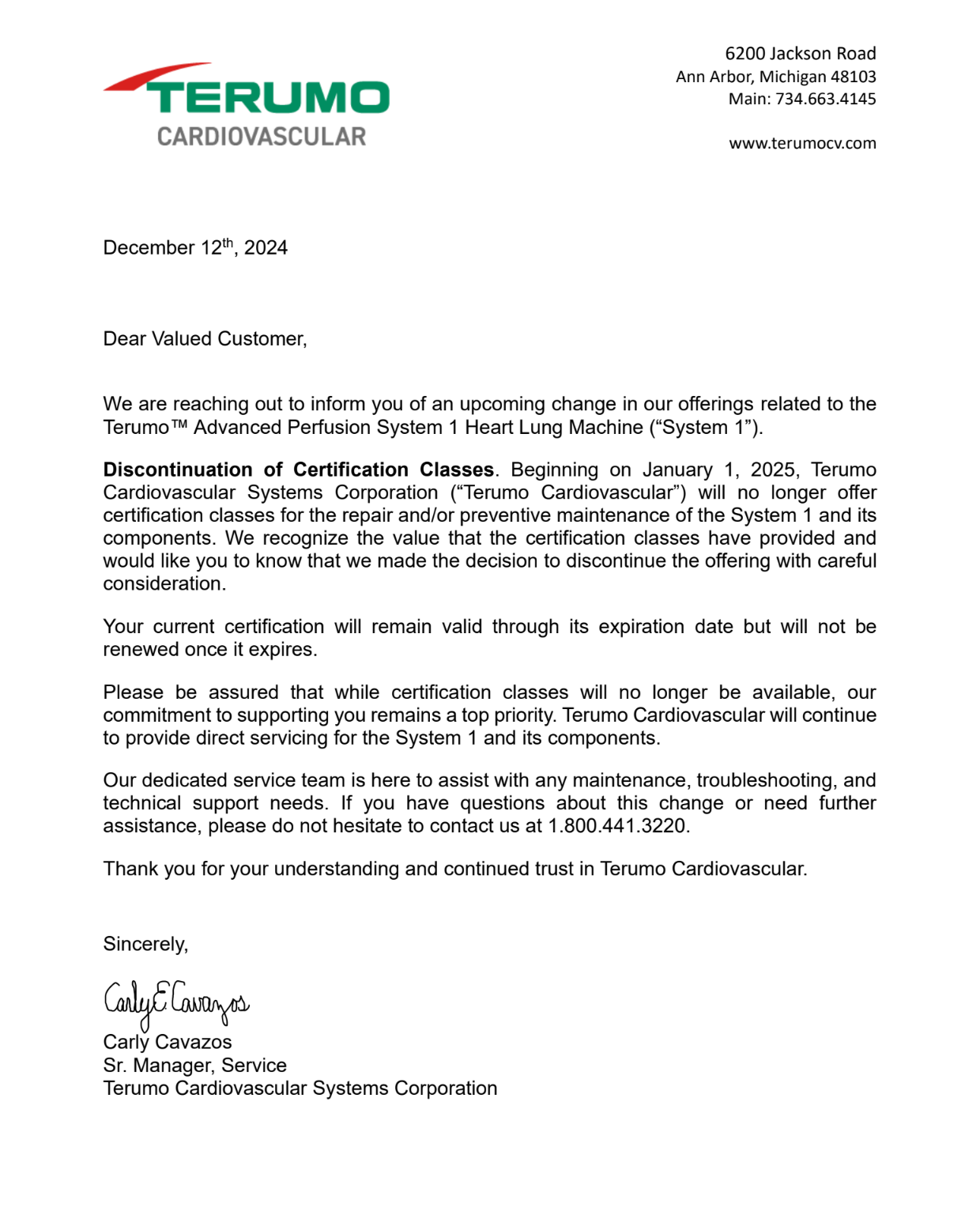The analogy is the library doesn't carry it because libraries and social media operate differently; one you actively search for things (the library) and the other your feed shows you everything.neither of these things are censorship. Good lord, man.
But let's go with the analogy for a moment. The library still contains all those comics, it never stopped. It's just that the library has stopped actively suggesting them to you. Tell me: Is a library "censoring" a certain genre if it has it readily available, but doesn't actively suggest it to you?
Funny how you leave out the part that if Facebook was publicly owned, it would be violating the 1st amendment.



